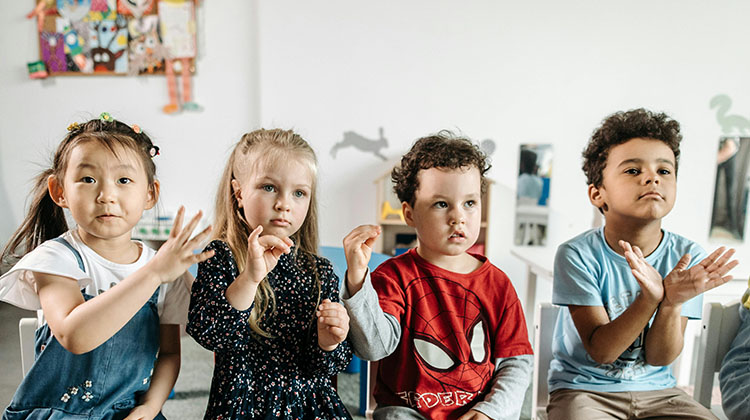Could 'Microschooling' Work in Australia?

Similar to homeschooling, microschooling - which is rising in popularity throughout the US - is an alternate approach towards small group education and could soon take off here.
The model, which has seen a significant rise since the COVID-19 pandemic, caters to diverse student needs, including those with learning disabilities and gifted students.
"They usually serve a small group of students from mixed age ranges and focus on personalized learning, flexible curriculums, and students, families, and teachers know each other well and support one another," says Dr Zamzami Zainuddin at Flinders University.
"Learning often takes place at home like homeschooling but in this model several family members gather their kids together in one place, or in church halls.
"When it comes to accreditation, yes, it's definitely a challenge, and in the U.S., it's pretty complicated. Many micro-Schools work as private institutions with little to no oversight from state education departments.
"Accreditation isn't mandatory for them, so a lot of these schools operate without it. But many go for voluntary accreditation from organisations like the National Association of Independent Schools (NAIS).
"I think, with the growing demand for alternative education models like microschooling, there's a lot of potential for more recognition and support from education authorities in the future."
Dr Chidozie Alozie, Senior Lecturer at the College of Education, Psychology, and Social Work at Flinders University adds that, "Micro schooling can be likened to the charter school movement - charter 2.0, as it were. It is especially appealing to those who champion school choice and especially the right of parents to make such influential decisions without government intervention.
"However, it's crucial to consider that as constructed, micro schooling may still fall along class lines, privileging some while leaving others without such choices. I think this potential disparity needs careful consideration.
"In an Australian context, micro-schooling seems especially susceptible to residential (read here as class and race) forces and may only concretise existing social segmentation along such lines."